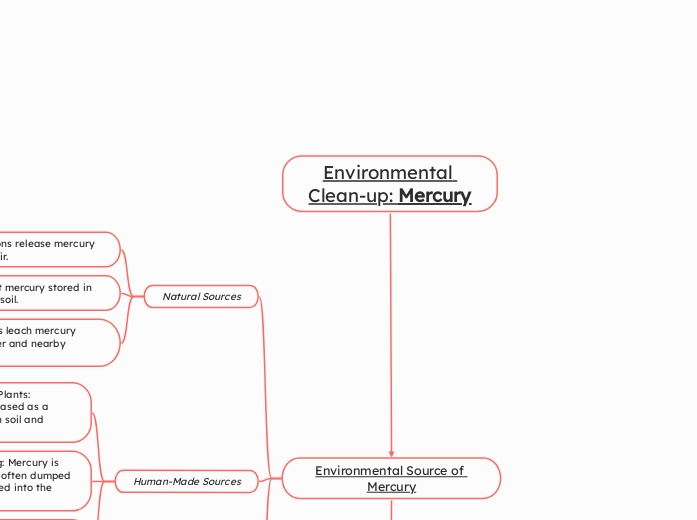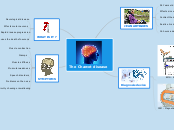av Dalton Ngo för 3 månader sedan
47
Environmental Clean-up: Mercury
Mercury exposure has significant adverse effects on human health, particularly targeting the brain, endocrine system, and central nervous system. In children, mercury can disrupt brain development, leading to issues in neuronal growth and learning.









